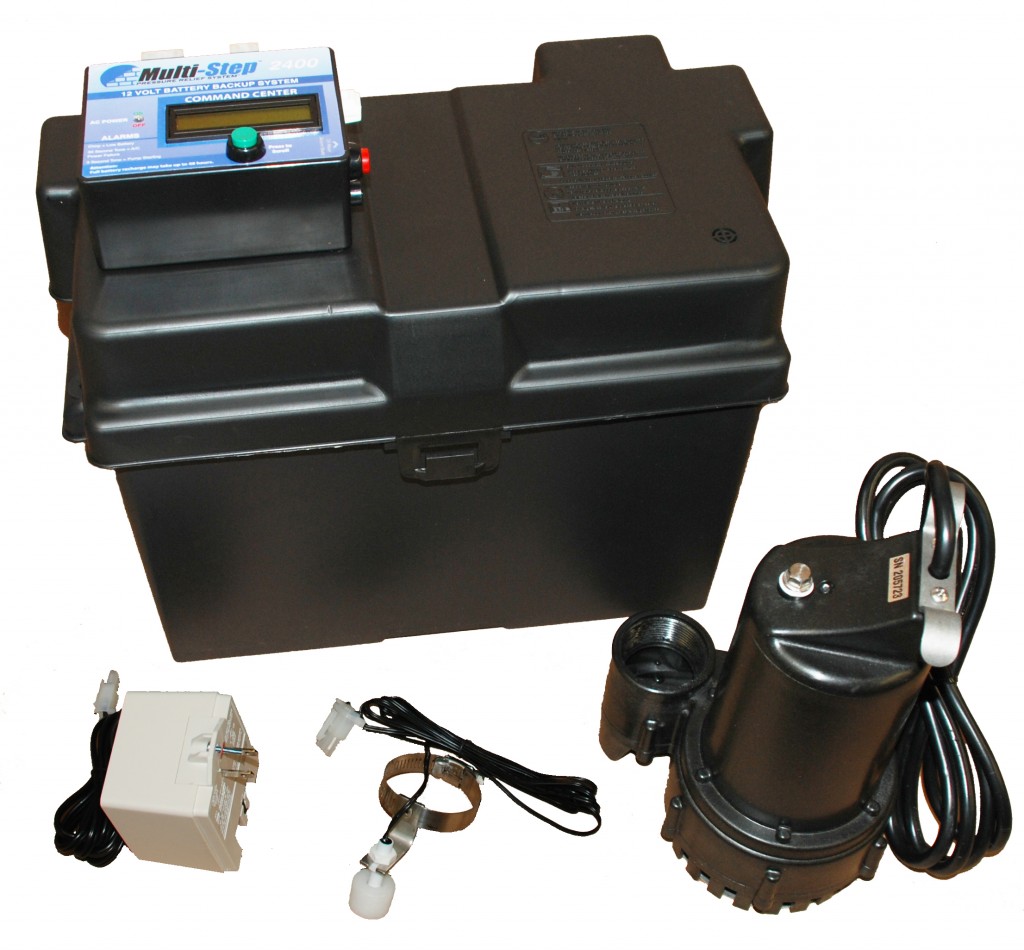
- #Battery backup for sump pump reviews generator#
- #Battery backup for sump pump reviews portable#
This critical safety feature automatically shuts down a generator’s engine if a built-in CO sensor detects that the deadly gas has built up to certain levels.
#Battery backup for sump pump reviews generator#
Consider these options to make sure you get the best generator for your needs.
#Battery backup for sump pump reviews portable#
Portable Power Stations Ratingsĭon’t let rain, snow, or wind keep you in the dark.
Models we test provide 1,200 to 1,500 watts. There are no problems with starting because there’s nothing to start-think of these power stations as a large version of a battery pack you might use to charge your cell phone. They don’t provide as much power as portable generators, and you can’t keep them running without recharging them, either with electricity or solar power. Don’t expect to power as many appliances or run portable power stations for an extended period of time. They don’t produce fuel emissions or carbon monoxide, so you can use them indoors. Portable power stations are relatively new to the market, and they typically cost more than portable gas generators. For those concerned about noise, note that these devices are extremely quiet because they have no engine. Portable power stations are generally heavier than comparable, small inverter generators. As with a small inverter generator, a portable power station is best for cases in which you know you won’t need power for long, such as camping, tailgating, or inflating an outdoor bounce house. (You might also see these called "solar generators.") They’re powered by a battery that you charge by plugging the power station into an electrical outlet-or, sometimes, an included solar panel. A power station is like a big, rechargeable battery. For more details, read about how Consumer Reports tests generators for safety. The vessel is wired with calibrated carbon monoxide sensors, and we record CO levels throughout the container when a generator is on, noting how quickly each generator turns off when the levels become potentially dangerous. We conduct these tests in a custom-built vessel on the grounds of our Yonkers, N.Y., test facility. We also look at how easy it is to move and use a generator, as well as how efficiently it uses gasoline and how long it runs on a single tank.Ĭonsumer Reports runs each generator through a variety of scenarios designed to capture the ways in which a consumer might inadvertently misuse a generator. The best models take that in stride, while others bog down or even stall. We make sure the generator can handle the load it promises and also determine what happens when a sudden spike in voltage hits, like what would happen if the compressor in your refrigerator kicked on when the generator was already close to capacity. To test generators for performance, our expert engineers load up each model with a variety of essentials you might want to power during an outage, like a space heater, refrigerator, or window air conditioner. And make sure your house is outfitted with working carbon monoxide detectors on every level of your home before you fire up a generator. Always use a generator outside, a minimum of 20 feet from your home, with the exhaust directed away from the house. 
We don’t want you-or anyone relying on a generator-to be one of those people. Dozens of people die every year from carbon monoxide (CO) poisoning related to generators. People tend to buy generators around major storms working by flashlight, in a rush to get the power up and running, they might skip over critical safety steps during setup. Hurricanes, ice storms, and other weather events were largely to blame.īut while a generator can be a lifesaver during and after severe weather, it can be dangerous if you don’t take precautions. increased to 5 1/2 hours from a little more than 3 hours in 2013, according to the U.S. In 2021, the last year for which data are available, the average electrical outage in the U.S. A 2022 Associated Press study found that climate change-induced wildfires, hurricanes, and ice storms have doubled the number of U.S. It can be a lifesaver for people with electrically powered medical devices.Īnd as power outages happen more often and last longer, a generator is becoming a must-have layer of protection in many more places across the country. That can save you money by, for instance, keeping your food fresh and preventing water and mold buildup in your basement. An effective home generator keeps the lights, appliances, heating systems, air conditioning, sump pumps, WiFi, and other necessities running. Like insurance, it protects your home and your family in the aftermath of a storm or other power emergency. A home generator helps you to be prepared.





 0 kommentar(er)
0 kommentar(er)
